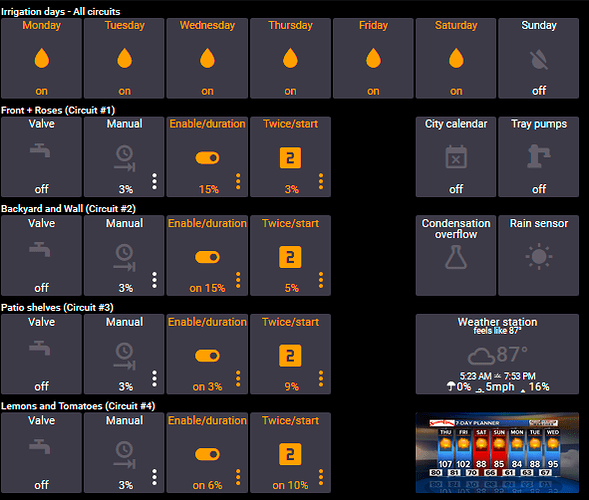1) Give a description of the problem
I’m fiddling with my arrive/leave piston. What I’d like is to have it send a “Welcome home, (name here)” message
2) What is the expected behaviour?
I’ve already got the piston working, but I appear to have to populate my array of names manually, one at a time
3) What is happening/not happening?
Is there any way to populate the array in one line? There doesn’t appear to be a way to make it a constant and/or define it in the define section.




 ) If I had to do it, that’d be the way I’d do it, but since my primary use for wanting to pre-load a list is a list of strings, the comma delimited single string works well and can be done as a constant in the define.
) If I had to do it, that’d be the way I’d do it, but since my primary use for wanting to pre-load a list is a list of strings, the comma delimited single string works well and can be done as a constant in the define.




